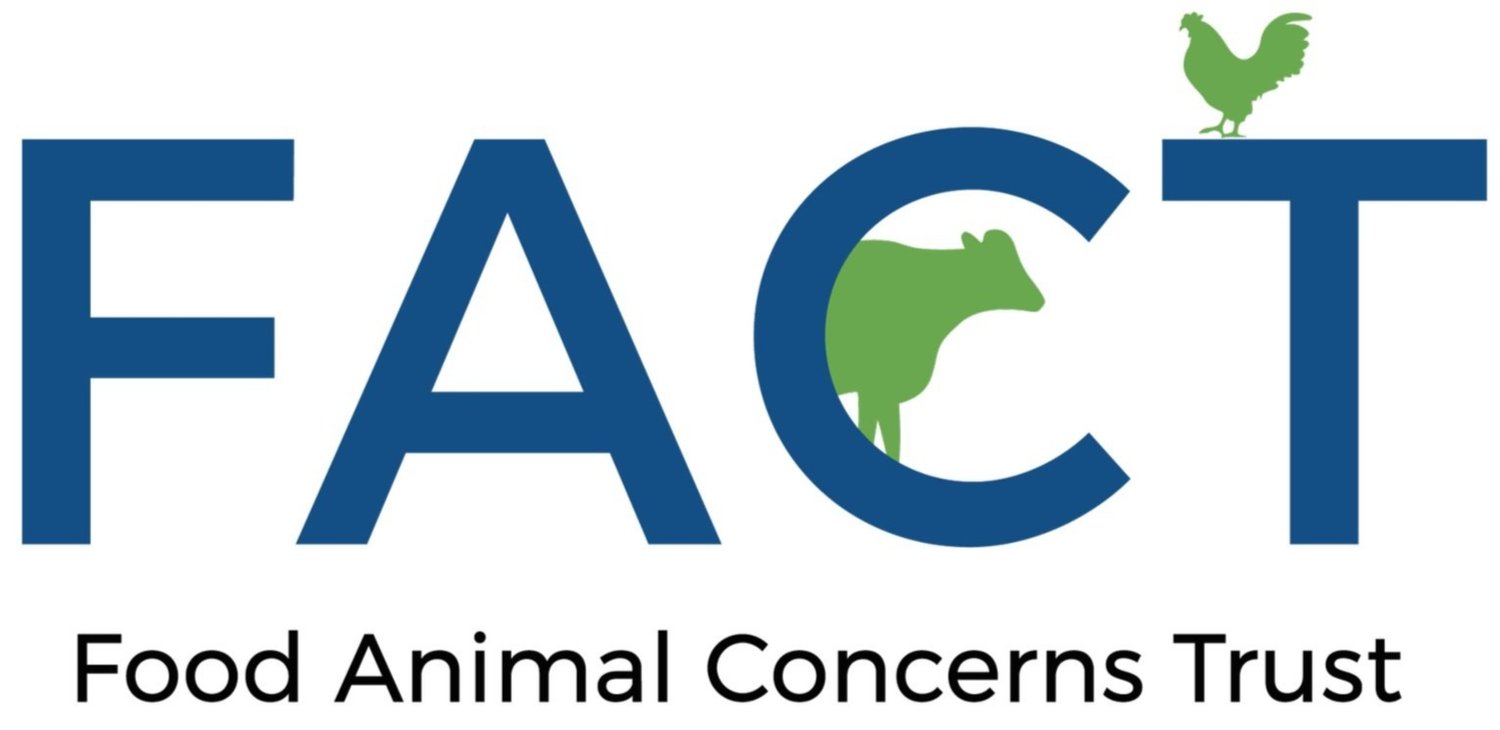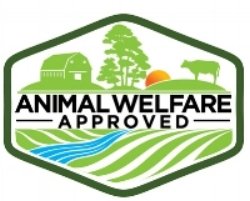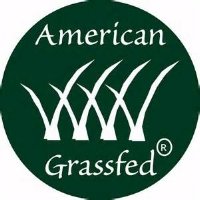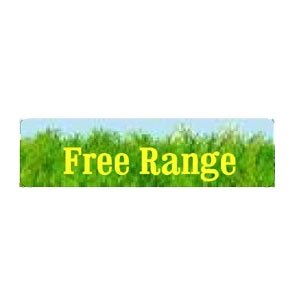
Humane Food Labels
Navigate Humane Food Labels with our quick guides and more!
When buying from grocery stores or large chains, FACT encourages choosing products with third-party-verified labels, to ensure the farm meets the label's promises.
How to support local farmers without
Humane Certification
Many small farms (like those in the FACT network) find it challenging to afford the time and expense necessary to obtain Humane certification. Consequently, local farms often adhere to humane practices without official certification. To discover more about shopping for humane products in these cases, please visit our page on shopping at farmers' markets.
Are you a farmer interested in acquiring Humane certification?
Visit our Grants page to learn how FACT can support you!
Food labels FACT recommends:
ANIMAL WELFARE APPROVED
This certification has a humane product search feature. Animals are raised with shelter, resting areas, sufficient space, and the ability to engage in natural behaviors.
Animals raised outdoors on pasture.
No hormones.
Antibiotics only for sick animals.
No cages, crates, or tethers.
Welfare-oriented slaughter guidelines.
GLOBAL ANIMAL PARTNERSHIP (GAP)
Found at Whole Foods Market and expanding to other grocery stores. This label consists of a 5-Step Animal Welfare Rating Program. All steps require:
No hormones.
No antibiotics.
No cages or crates.
FACT recommends steps 4, 5, and 5+:
Step 4: Pasture-centered; animals live continuously on pasture with access to shelter.
Step 5: Animal-centered; physical alterations prohibited. For example, pigs may not have nose rings.
Step 5+: Animals spend their entire lives on a single farm.
AMERICAN GRASSFED ASSOCIATION (AGA) CERTIFIED GRASSFED
Applies to grazing animals (cows, bison, goats, and sheep) and pigs. All livestock production is pasture, grass, and forage-based. Grazing animals cannot be fed grain or grain byproducts and must have continuous access to pasture for their entire lives.
Pasture raised and continuous outdoor access.
No hormones.
No antibiotics.
100% grass and forage diet for grazing animals.
No standards for slaughter.
CERTIFIED GRASSFED BY ANIMAL WELFARE APPROVED
Applies to grazing animals (cows, bison, goats, and sheep). All livestock production is pasture, grass, and forage-based. Grazing animals cannot be fed grain or grain byproducts and must have continuous access to pasture for their entire lives. This is an additional accreditation for high-welfare farmers who are already Animal Welfare Approved (see above).
Pasture raised and continuous outdoor access.
No hormones.
Antibiotics only for sick animals.
100% grass and forage diet.
Welfare-oriented slaughter standards.
Food labels FACT recommends with caveats:
USDA CERTIFIED ORGANIC
Food certified as organic can be a good choice when choosing meat, poultry, eggs, and dairy products. FACT recommends the United States Department of Agriculture (USDA) Certified Organic label with caveats due to the variable way standards are implemented.
Hens are uncaged inside barns or houses, with outdoor access required.
Dairy cows on pasture for at least 120 days a year.
No hormones or antibiotics.
Diet free from synthetic herbicides, pesticides, or fertilizers.
Inconsistent implementation of standards; for example, some producers may not provide birds meaningful access to the outdoors.
CERTIFIED NATURALLY GROWN
Certified Naturally Grown is an alternative to the Organic label. It is tailored to small-scale farmers who sell directly to consumers in their local communities. Recommended with caveats; this label offers farmers lower certification fees and less paperwork than USDA Organic.
Standards are very similar to USDA Organic with tighter requirements for access to pasture.
No hormones or antibiotics.
Diet free from synthetic herbicides, pesticides, or fertilizers.
Audits are done by other Certified Naturally Grown farmers or volunteers, not a third-party inspector.
CERTIFIED HUMANE
This certification has a humane product search feature. Animals are raised with shelter, resting areas, sufficient space, and the ability to engage in natural behaviors.
Outdoor access for most, but not all, animals.
Space and environmental enrichment requirements for animals raised indoors.
No hormones.
Antibiotics only for sick animals.
No cages, crates, or tethers.
Welfare-oriented slaughter standards.
Food labels FACT does not recommend:
100% NATURAL
This label is not meaningful as it does not include any requirements related to farm animal welfare.
The USDA defines the term “natural” for meat and poultry as “a product containing no artificial ingredients or added color and is only minimally processed.“
FREE RANGE
This label only guarantees that poultry have the ”opportunity“ to go outside—not that poultry actually go outside or have meaningful access to outdoor foraging.
Most eggs labeled as ”free-range“ are from hens confined indoors on the floor rather than in open pasture.
RAISED WITHOUT ANTIBIOTICS
Most “antibiotics free“ claims are unverified by an independent third-party auditor.
This label does not provide meaningful verification of responsible antibiotic usage.
CAGE FREE
Products labeled as “cage free” imply that poultry are not confined to a cage, but they may still be contained indoors with no access to the outside.
These birds have some freedom of movement and the ability to engage in natural behaviors such as walking, nesting, and spreading their wings.
However, because the cage-free label is not monitored or regulated by the federal government, cage free facilities vary greatly in terms of flooring, lighting, nesting facilities, and stocking density.
This claim is not verified by a third party auditor, which means there is no meaningful verification that the birds were uncaged.
ONE HEALTH CERTIFIED TM (OHC)
While this label implies that the birds under the label were from farms that improved the welfare of their animals, used less antibiotics, and reduced their impact on the environment, the standards behind the label instead reflect current problematic industry practices. For example, participating farms must be certified, but not by one of the strong welfare certification programs that FACT that recommends. The requirements for antibiotic use and the environment are similarly weak.
AMERICAN HUMANE CERTIFIED
While the name of the label suggests a high level of animal welfare, in reality the American Humane Certified standards are the weakest of any third-party verified humane label.
This organization does not require pasture access for any species, which makes it popular with industrial livestock operations.
It also allows for egg production using battery cages, which is widely regarded as one of the most inhumane living conditions.















